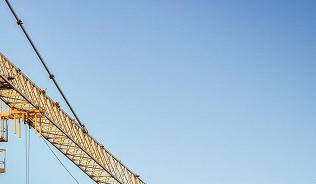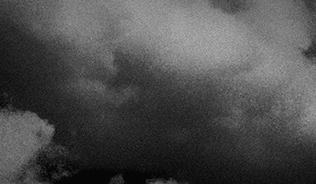As part of Green Careers week, IES Member, Michelle, Senior Environmental Officer in the Department of Water and Environmental Regulation, talks to the IES about her career journey and what a typical day in the life looks like.
Career path overview
My career in environmental science began with an undergraduate degree in Environmental Geoscience at the University of Edinburgh and a voluntary work experience placement with a Geology Trust. After graduation, I worked as project support officer at the Environment Agency assisting with developing and implementing groundwater abstraction policy. I completed a master’s degree in Environmental Diagnosis and Management at Royal Holloway, University of London where I carried out a contaminated sites dissertation in collaboration with a global engineering consultancy. This led to a place on their graduate programme and I spent five years working as a contaminated land consultant carrying out ground investigations, risk assessments and remediation of brownfield sites. I relocated to Perth in Western Australia where I continued working as a contaminated land consultant, until returning to a regulator role with a rounded perspective of environmental management in the UK and overseas.
What does your current job role entail?
I am currently a Senior Environmental Officer in the Contaminated Sites branch at the Department of Water and Environmental Regulation in Western Australia. I am responsible for assessing and classifying sites under the Contaminated Sites Act 2003, which is legislation that was introduced to identify, record, manage and clean up contamination. To date, the department has classified over 4,500 sites in Western Australia - an area over ten times larger than the UK!
Is there a particular notable project that you have enjoyed?
I have been regulating a portfolio of sites that have been subject to the historical use and storage of fire-fighting foams, which contained perfluoroalkyl and polyfluoroalkyl substances (PFAS). This has been an interesting project during a time when there have been rapid advancements of scientific knowledge relating to the environmental occurrence, effects of exposure, test methods and remediation technologies of PFAS. It is important that I remain up to date with health advice from government agencies, understand revisions to national guidance on the management of PFAS and knowledge share with technical experts globally through forums and professional membership networks.
Have any further qualifications, training, internships, or volunteering been valuable to your career journey?
My career journey has been shaped and enhanced by volunteering opportunities. A voluntary placement with a local Geology Trust based in North Yorkshire provided real-world training in fieldwork, project management, report writing and stakeholder engagement. This was an invaluable learning experience before formally entering the workplace. I was a voluntary STEM (Science, Technology, Engineering, and Mathematics) Ambassador while working in London which involved hosting talks in schools, leading educational activities and mentoring students. This rewarding experience developed mentoring and leadership skills that I continue to use to support colleagues with their career growth. I regularly volunteer in Clean Up Australia Day, a long-running national initiative to improve and conserve the environment through community events held across Australia. I currently hold a voluntary role with IES which helps maintain a connection with the UK environmental sector. Volunteering has benefited my career journey because it has been a pathway to employment and has developed a range of important skills. Volunteering has also been an excellent way to develop a professional network, especially when moving to a new country, and has been a way to maintain existing connections.
Have you faced any barriers or unfair treatment in the workplace at any stage of your career?
Throughout my career I have experienced support and flexibility from my employer to attend events associated with my voluntary roles, which has provided opportunities to pursue wider interests beyond my immediate technical discipline. I felt fully supported when I took periods of leave for parental and carers leave and when I returned to work part-time four days a week. I have experienced first-hand that the support of flexible arrangements in the workplace is fundamental in creating a healthy work-life balance and positive wellbeing.
What one piece of advice would you give to an individual starting their career in the environmental sector?
There are so many opportunities in the environmental sector to volunteer. While volunteering has benefits during all stages of life, volunteering when starting a career in the environmental sector can be particularly beneficial because it is an excellent way to increase employability, develop critical technical and interpersonal skills, meet inspirational people and grow a professional network. It also feels great to be part of something that makes a positive difference, to create opportunities and perhaps spark an interest in something new.
Image credit: © voran | Adobe Stock





